Kevin Rudd has finally been forced to acknowledge that there is a link between the protection of our borders and the integrity of our orderly migration program. Whether his PNG solution to boat arrivals will work remains to be seen.
The orderliness of our migration experience is often overlooked. We are told we are all migrants or descendants of migrants. We have accepted many refugees before. But since 1945 all arrivals have come in an authorised, orderly way. Migration has been official, a part of the nation-building project. Migrants have not invited themselves; they have applied and been accepted.
Boatpeople of the unauthorised sort are relatively recent. About 2,000 Vietnamese refugees came by boat in the 1970s. To his great credit, Malcolm Fraser accepted an obligation to take in Vietnamese refugees. But part of his plan was to stop the boats. He achieved this by joining other countries in processing refugees in their first place of refuge in South-East Asia. Displaying the perversity that has marked his latter days, he now supports Senator Hanson-Young of the Greens, thinking that her policy of welcoming boat arrivals was his own.
Most Australian people want the boats to be stopped. Those unwilling to take the firm measures necessary to achieve this accuse the people of racism, an absurd claim to make of a people who are among the most generous in taking in refugees for permanent settlement and who have accepted the huge number of migrants brought here since 1945. It is the boatpeople’s mode of arrival that causes resentment. They are not fleeing immediate danger; they barge in, imposing themselves on us. The legal system frustrates any attempt to question their bona fides. This is a complete reversal of how migration is usually conducted. It affronts the Australian egalitarian instinct, one of the reasons for the migration program’s success.
Our record on refugees continues to be misrepresented. The boat numbers are tiny, it is said, compared with the huge number of refugees accepted by other countries. Millions are at the moment in Turkey and Jordan. But these are not being accepted for permanent settlement. They are offered only temporary refuge. If our boatpeople were housed in tents in the Kimberley and fed by the United Nations, we would have less need to worry. We do not do refugees this way. Ours is not a place of first refuge. The refugees coming here do not want to return. We accept refugees for permanent settlement and make an effort to integrate them into our society. We used to choose these refugees from places around the globe; now our quota is more than filled by the unauthorised arrivals. This part of our policy has been taken out of our hands. The numbers are now rising so rapidly that our annual quota in the general migration program will soon have to be reduced.
Economic refugees are on the move worldwide. We are sometimes told that our problem is small compared with Europe’s. So is Europe the model, with anti-migrant political parties on the rise and no-go areas in the cities? If the flood of unauthorised arrivals continues, there is nothing more certain than that attitudes to migrants will become more hostile and support for the migration program will decline. As the Australian’s Paul Kelly has said, there has been an implicit pact between governments and the Australian people. A large migration program will be accepted provided the government controls and monitors it. Under Labor governments since 2007, that pact has been broken.
I welcome Kevin Rudd’s change of position on boat arrivals. His plan of sending refugees to PNG faces many difficulties. Deterrence in this case requires spectacular demonstration. Sending the SAS to the Tampa was a very good look. After Rudd announced that the new system would be effective immediately, the Minister of Immigration said it would not. New arrivals would have to be kept on Christmas Island for two weeks for health checks. Why on earth could the checks not be done on Manus and the latest arrivals flown to PNG immediately? This delay will give the arguments against the PNG solution the opportunity to flourish and for legal action to commence. The High Court’s extreme sensitivity to the rights of unauthorised arrivals will continue. Nothing will stop it short of declaring the High Court a migration detention centre and filling it with asylum-seekers.
The Minister of Immigration has been withdrawing women and children from Manus because he claims facilities are inadequate. They will not be sent to Manus until facilities are adequate. Hence if a boat of women and children arrives now, no one aboard will be sent to PNG.
The PNG Prime Minister has obviously been told that the threat to send refugees to his country will work and he won’t have to accept very many. But what if the people-smugglers overwhelm PNG under the new rules as they have Manus and Nauru under the old? The problem will be Australia’s problem again very soon.
Before the boats can be stopped, there will again have to be a prime minister who has the determination to put the national interest first whatever the cost. Hunger strikes, refusal to move, riots, scuttling boats: the challenge will take this form or something similar. When Kevin Rudd faced such a challenge with the Oceanic Viking, he squibbed it. The asylum-seekers refused to leave the boat in Indonesia and he fixed up special deals to accept them as refugees (and denied he was doing so). I would back Tony Abbott over him to do the work. Like most Australians, he is sick of being played for a mug by the people-smugglers. He has thought through what turning back the boats entails and is prepared to take responsibility for it. My guess is that the flow of asylum-seekers won’t cease until boats are turned back on the high seas. The latest contortion in policy is postponing that necessary confrontation.
Got something to add? Join the discussion and comment below.
Get 10 issues for just $10
Subscribe to The Spectator Australia today for the next 10 magazine issues, plus full online access, for just $10.
John Hirst has written many history books, the most recent being Looking for Australia: Historical Essays (Black Inc Books).
You might disagree with half of it, but you’ll enjoy reading all of it. Try your first month for free, then just $2 a week for the remainder of your first year.

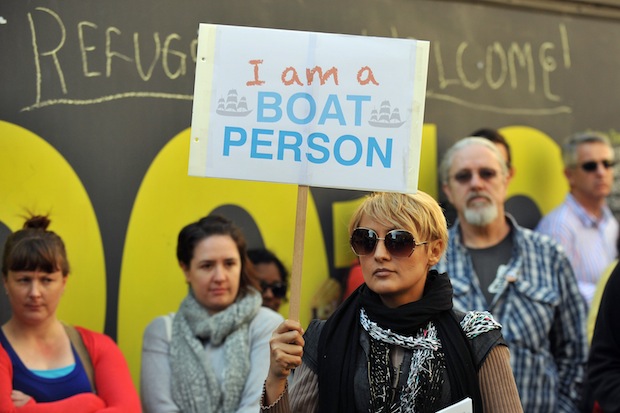
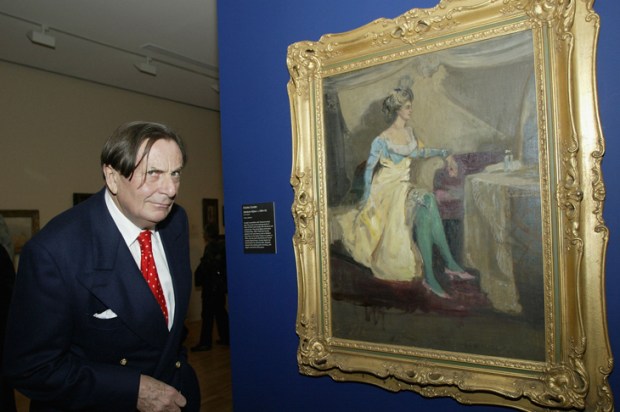


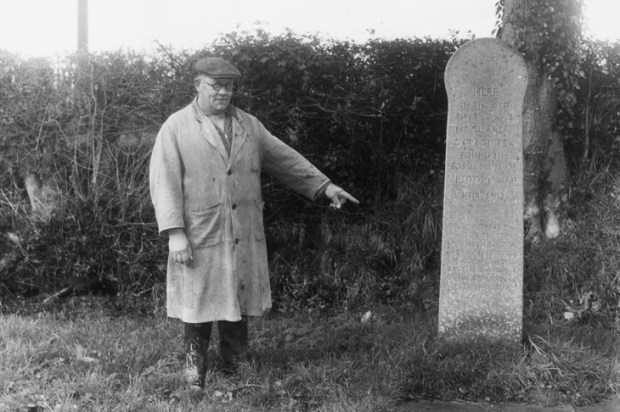
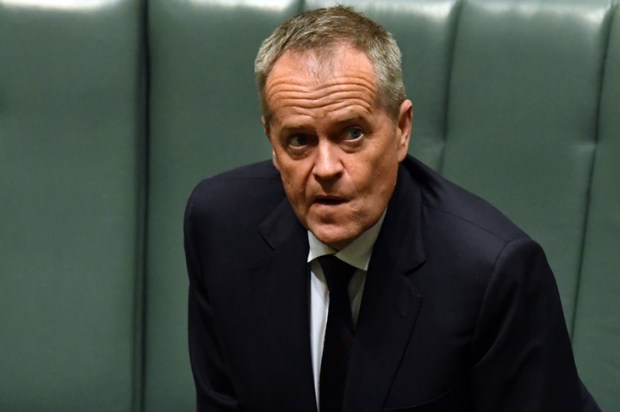
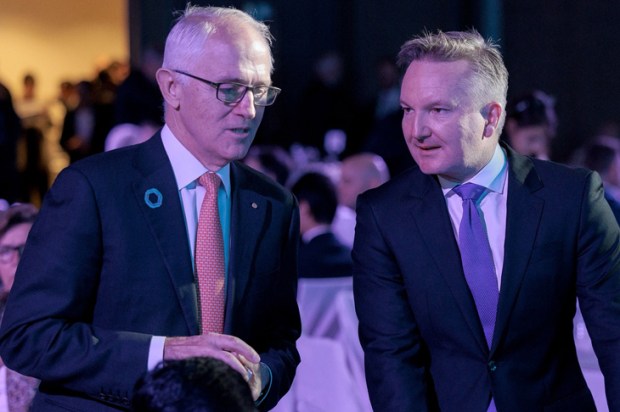






Comments
Don't miss out
Join the conversation with other Spectator Australia readers. Subscribe to leave a comment.
SUBSCRIBEAlready a subscriber? Log in